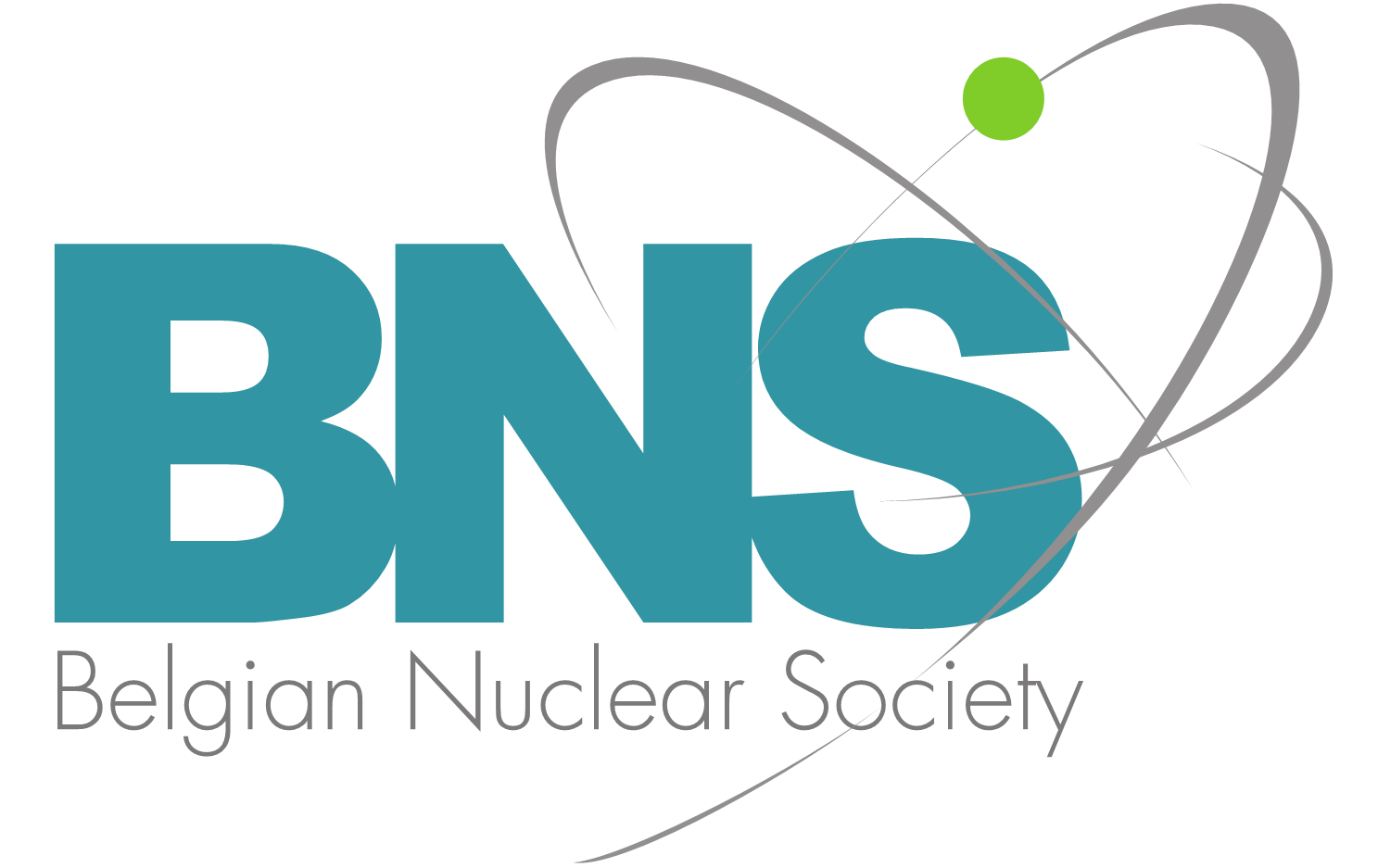Evening Lecture – From Antarctica to Mars
As space research evolves to ensure that crewmembers remain safe, healthy, and productive on long-duration space missions to Mars, the harsh environment of Antarctica provides an appropriate setting in which to conduct preliminary research. Indeed, Antarctica’s climate (winds up to 300 km/h), terrain, temperature (min -90°C), and degree of isolation provide an environment that most closely parallels the conditions of isolation and stress that are likely to be faced on long-duration human missions in space.
SCK•CEN conducts research activities on 2 extraordinary sites in Antarctica, namely the Belgian Princess Elisabeth station (opened since 2009 and located on Utsteinen Nunatak in Queen Maud Land) and the Concordia station (situated 1000 km inside the continent at an altitude of 3233 m at Dome C), in order to better understand how human physiology is affected in extreme environment simulating the space environment.
SCK•CEN seeks to understand the effect of the potential stress-associated psychological and physiological modulations that can lead to higher vulnerability of subjects living under extreme environments. This is a high concern for long term space exploration missions which is addressed through the various national and international space agencies.
Speaker
-
Sarah BaatoutHead of the Radiobiology Unit at SCK•CEN
Sarah Baatout graduated in 1991 with a Licence in Biology from UCL (Louvain-la-Neuve). In 1996, she obtained a PhD in Biochemistry from UCL in the field of oncology working on aggressive blood cancers. She joined SCK•CEN in 1996 as a postdoc to perform research on the impact of radiation on the embryo in the Radiobiology Unit and is head of this unit since 2007. Besides, she is Guest-Professor at Ghent University (Faculty of Bioengineering Sciences) and maître de conférence at the University of Namur (Faculty of Sciences). She is also member of the Belgian delegation at UNSCEAR (United Nations Scientific Committee on the Effects of Atomic Radiation) and of the High Council for Health. In 2018, she has received the “BeSpace personality of the year” award and was recognized by Femmes d’Aujourdhui as one of the “85 women that make Belgium move”. She has received the Wetrems prize from the Royal Academy for Sciences and Arts of Belgium for the best discovery in the field of natural sciences.
The Radiobiology Unit of SCK•CEN counts a dynamic staff of 25 people (out of which 12 current PhD students working in close collaboration with the various Belgian Universities and hospitals). The mission is to evaluate the potential risks of ionising radiation on health and to provide the scientific background for occupational, accidental, medical or space radiation exposure allowing a more accurate radiation risk assessment.
Medical research is central in radiobiology. The lab seeks to understand the molecular processes modulated with radiation and their relationship with health effects on exposed patients, astronauts and nuclear workers. Through the use of biomarkers and personalised medicine, the individual radiation sensitivity could at term be monitored and radiotherapeutical treatment adapted to each cancer patients. The lab is also active in the Belgian Hadrontherapy Consortium and participates in the research on protontherapy.
Communication to the scientific community, the general and young public our knowledge and our research results through visits and organization of summer schools & Eur Msc courses in radiobiology is also very important in Radiobiology.
Presently, Sarah Baatout is also secretary/treasurer of the European Radiation Research Society. Since 2012, she is also member of the “Space” working group of the senate. She is also a member of various expert and audit groups as well as advising committees for the European Commission and the European Space Agency. She is/has been the promoters of 4 Postdocs and of 14 PhD students. She is the (co-)author of some 140 international papers.
